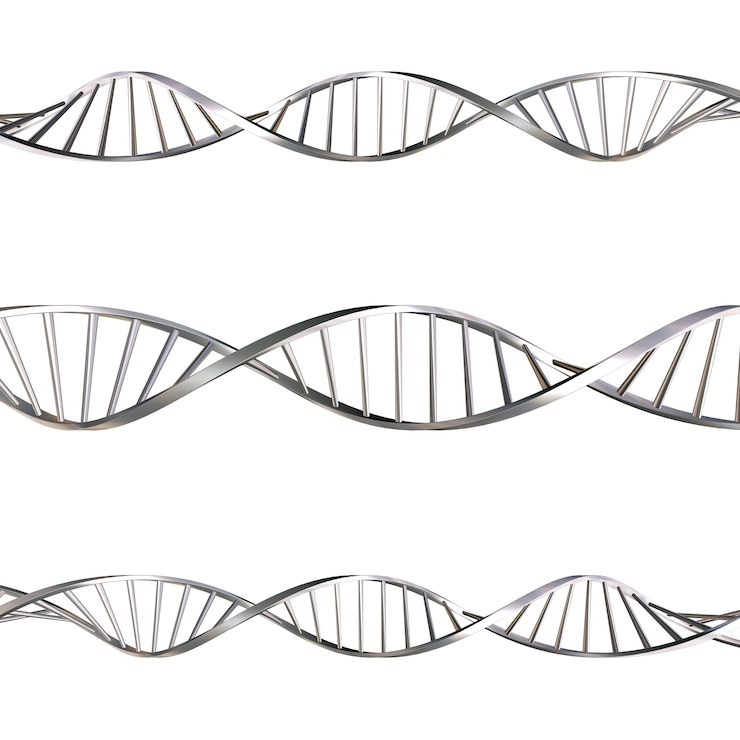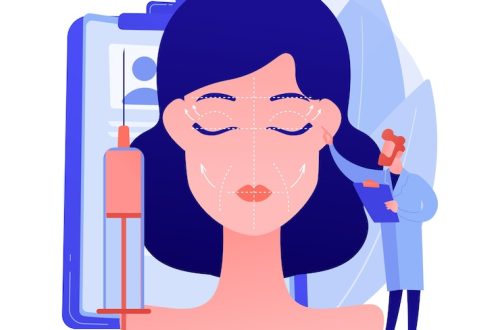
When you have a complex family history, it’s natural to feel curious about your genetic makeup. Whether you’re exploring your family’s medical background or simply wanting to understand what makes you unique, learning about genes can be enlightening. But before diving into the world of genetics, it’s good to know what genes are and how they influence your body.
What Are Genes and How Do They Work?
To put it simply, a gene is a small section of DNA that determines specific traits. Think of it as your body’s instruction manual—each gene contains directions that influence how your body looks and functions. These instructions, made of proteins, tell your cells how to behave. For instance, one gene might determine your hair color, while another might influence your height.
Genes are made up of DNA, which consists of four chemical “letters” called A, C, T, and G. These letters are combined in different sequences to form genes. The full set of your genes is called your genome.
Chromosomes: The Carriers of DNA
While genes are tiny bits of DNA, chromosomes are long, tightly wound strands of DNA that your genetic information. Found in every cell of your body, a chromosome can contain up to 25,000 genes. Each cell typically holds 46 chromosomes—22 regular pairs and two sex chromosomes. You inherit half of these chromosomes from your mother and the other half from your father, which come together to form an embryo.
How Genes Are Passed Down
Once you know the basics of genes and chromosomes, you can start seeing how they combine and shape your traits. For example, genes determine your blood type—AB, A, B, or O—based on a blend of traits inherited from both parents.
Gene variations, called alleles, occur when differences exist in the genetic sequence between chromosome pairs. How these alleles interact is known as inheritance patterns, and they play a big role in determining the traits you inherit.
Dominant vs. Recessive Traits
One common way alleles interact is through dominant and recessive traits. A dominant trait is stronger and more likely to appear, while a recessive trait only shows up if both parents contribute it. Eye color is a good example of this. Brown eyes (dominant) will usually win out over blue eyes (recessive). If one parent has a dominant brown-eye trait, their child is likely to have brown eyes. However, if both parents have blue eyes, the child will inherit the recessive trait and likely have blue eyes as well.
It’s also possible for parents to carry a recessive gene without displaying it themselves. If both carry the gene, there’s a small chance their child could inherit the recessive trait, though this is less common. Of course, eye color is more complex than this simplified explanation, as other shades and variations often arise from genetic mutations. Mutations are more likely if one or both parents have specific genetic changes.
The Role of Environment in Shaping Traits
Even though your genes play a major role in determining your traits, your environment can also influence how they manifest. For instance, you could inherit genes that indicate you’ll grow tall, but if you have a poor diet during childhood, your growth might be stunted.
Why Understanding Your Genes Matters
Why should you care about your genetics? Beyond learning how your unique traits have developed, understanding your genes can provide important health insights. Certain genetic conditions, like cancer, can run in families. While having a family history of a condition doesn’t guarantee you’ll develop it, being aware of genetic risks can help you take proactive measures.
If you’re planning to start a family, knowing your genetic history can also help you understand what conditions you might pass on to your children. For those interested in a deeper dive, consulting with a genetic counselor or using genetic testing services can be a great way to learn more.
Take Control of Your Genetic Health
Exploring your genetic makeup can give you valuable insight into your body and potential health risks. If you’re curious, consider speaking with a genetic counselor or using a testing program to better understand your genes. With this knowledge, you can make informed decisions about your health and lifestyle moving forward.




